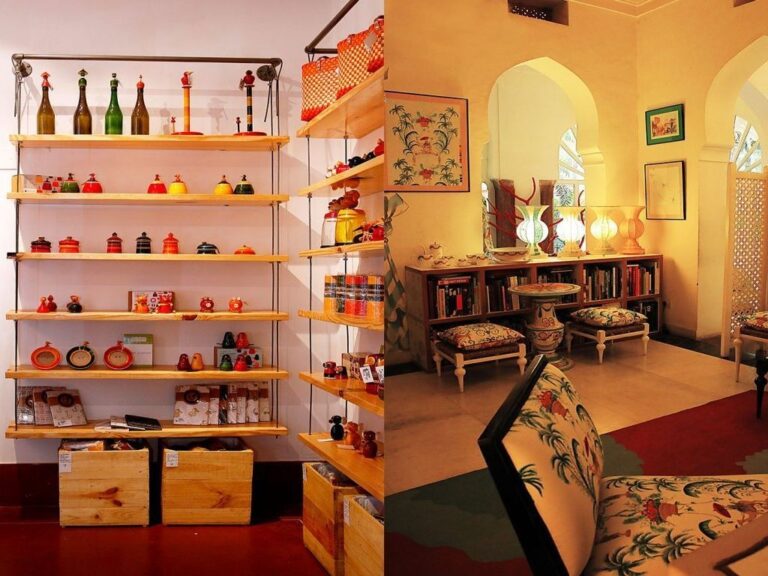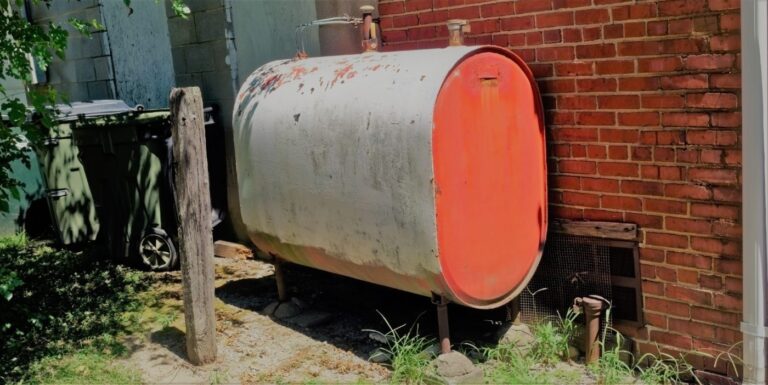
Foundation design is the foundation of every building. In fact, it’s the foundation upon which buildings are built. Whether you’re building a skyscraper or just a cosy house, a good foundation will ensure stability and durability. In this guide, we’ll cover everything you need to know about foundation design. We’ll break down the ins and outs of foundation design so you can understand the ins and outs.
Structural consultants are professionals specialising in the design, analysis, and evaluation of building structures. They play a crucial role in ensuring the safety, stability, and functionality of construction projects. From skyscrapers to bridges, structural consultants provide expertise in selecting materials, determining load capacities, and adhering to building codes. Their work involves intricate calculations, innovative solutions, and collaboration with architects, engineers, and contractors. With their knowledge and experience, structural consultants contribute to the success of projects by creating robust structures that withstand the test of time.
1. Understanding Foundation Types:
Foundations come in several types, each suited for various soil conditions and structural requirements. From shallow foundations like spread footings to deep foundations like piles and caissons, understanding their sturdiness and limitations is fundamental.
2. Site Investigation:
Prior to foundation installation, it is essential to thoroughly examine the site. The soil type, the depth of the water table, and the environmental conditions are all important factors in determining the right type of foundation. Structural consultants use geotechnical surveys and testing to collect essential information for decision making.
3. Load Analysis:
The foundation design process starts by assessing the load-bearing capacity of the structure. This includes dead loads (the building itself) as well as live loads (occupants, furniture etc.) that must be accurately calculated. It also takes into account environmental loads (wind, seismic, etc.) to ensure that the foundation is able to withstand all scenarios.
4. Selection of Materials:
The choice of materials for foundation construction depends on factors like soil type, load-bearing capacity, and budget constraints. Common materials include concrete, steel, and masonry. Structural consultants in Bangalore, renowned for their expertise, advise on the most suitable materials for local conditions.
5. Design Principles:
Foundation design follows established principles of structural engineering. Factors like bearing capacity, settlement, and lateral stability are carefully evaluated. The design must adhere to relevant building codes and standards to guarantee safety and compliance.
6. Innovative Technologies:
Advancements in technology have revolutionised foundation design. Techniques like computer-aided design (CAD) and finite element analysis (FEA) enable precise modelling and simulation, optimising design efficiency and performance.
7. Risk Mitigation:
The consequences of a foundation failure can be devastating. To reduce the risk, a comprehensive risk assessment is performed at every step of the design process, and contingency plans are developed to address potential issues and protect the foundation from unexpected events.
8. Construction Practices:
Execution is just as important as design. It takes skilled labour and careful construction practices to bring design ideas to life. Quality control is in place to ensure construction standards are adhered to and deviations from design specifications are kept to a minimum.
9. Monitoring and Maintenance:
Even after the foundation has been built, it is important to keep an eye on it and carry out regular maintenance. Structural consultants use different methods of monitoring, such as tilt metres or settlement gauges, to identify any issues that may be causing the foundation to deteriorate. Taking action early can help prevent major structural issues from developing.
10. Continuous Learning and Adaptation:
The world of foundation design is ever-changing, and structural consultants are constantly learning and developing their skills to stay up-to-date on the latest trends and industry best practices.
To sum up, foundation designing is a multi-faceted process that requires a combination of technical knowledge, hands-on experience, and innovative solutions. By learning the fundamentals, using cutting-edge technologies, and working with experienced professionals such as structural consultants in Bangalore , one can guarantee the strength and longevity of each structure built on your foundations.





